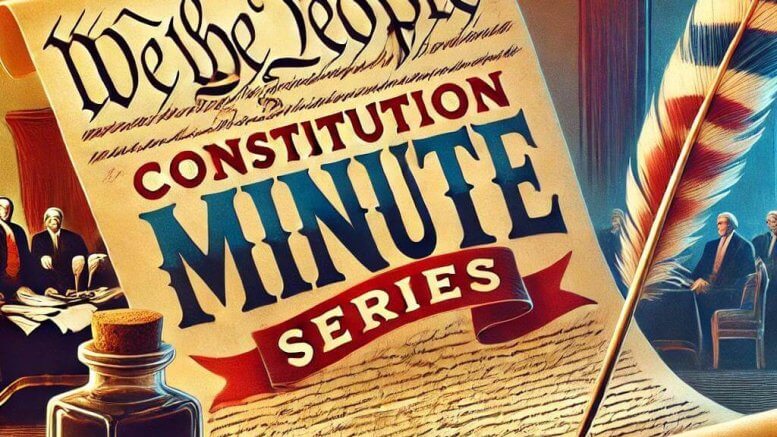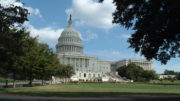Background:
SCOTUS was established by Article Three of the United States Constitution. The composition and procedures of the Supreme Court and the lifetime tenure of the justices were originally established by the 1st Congress through the Judiciary Act of 1789. Removing this lifetime tenure and imposing SCOTUS term limits would have consequences.
Recent discussions have brought Supreme Court term limits to the forefront. Reports suggest that President Biden might support term limits for justices and a new ethics code. This shift could significantly impact the judiciary’s independence.
The Supreme Court Term Limits Arguments
Fox News highlights concerns regarding Supreme Court term limits from former Deputy Assistant Attorney General John Yoo and other legal scholars. They argue that imposing term limits without a constitutional amendment could undermine democracy. John Shu, a constitutional attorney, warned that such actions might delegitimize the Court. Carrie Severino from the Judicial Crisis Network expressed fears of potential politicization.
The Daily Signal echoes these concerns. Thomas Jipping of The Heritage Foundation critiques the Left’s push for judicial term limits as a response to dissatisfaction with recent decisions. He points out that arguments for term limits rest on outdated claims about the Court’s political polarization. These changes, he argues, would not address the core issues.
Key Points from Both Sources:
- Independence and Continuity: Lifetime appointments protect justices from political pressures. This ensures judicial independence and stability.
- Political Influence: Regular turnover could increase political battles over appointments, leading to a more partisan judiciary.
- Practical Impact: Historical data shows that the Supreme Court does not frequently decide cases along strict partisan lines. Recent terms have seen many unanimous or non-partisan decisions.
- Constitutional Amendments: Both sources agree that imposing term limits would require a constitutional amendment. This highlights the founders’ intent to insulate the judiciary from political influence.
Conclusion
As the debate on Supreme Court Term limits continue, it’s crucial to consider the long-term implications of changes to the Supreme Court’s structure. The judiciary’s role in upholding the Constitution and ensuring a balanced government requires careful deliberation. Efforts to impose term limits must weigh the potential risks to judicial independence and the Court’s integrity.
Stay tuned for more updates and in-depth analyses on this evolving issue.
Sources:
- Fox News: John Yoo discusses potential Supreme Court changes and their implications.
- The Daily Signal: Thomas Jipping analyzes the push for judicial term limits and its underlying motives.
IN DEPTH:
The Judiciary Act of 1789 was primarily written by Senator Oliver Ellsworth of Connecticut. Ellsworth, who later became the third Chief Justice of the United States, played a key role in drafting and advocating for the act, which established the federal judiciary system, including the structure and jurisdiction of the Supreme Court and lower federal courts.
If Senator Oliver Ellsworth or other framers of the Judiciary Act of 1789 had been concerned about Supreme Court term limits for Justices, several potential issues might have influenced their thinking:
- Compromised Judicial Independence: Term limits could make Justices more susceptible to political pressures, as they might seek favorable positions or appointments after their terms end. This could undermine the impartiality and independence of the judiciary.
- Frequent Turnover: Regular changes in the composition of the Supreme Court might lead to a lack of continuity and stability in the Court’s decisions. It could also result in more frequent and intense political battles over judicial appointments.
- Experience and Expertise: Lifetime appointments allow Justices to accumulate extensive experience and deep legal expertise over time. Term limits could prevent Justices from reaching their full potential in understanding and shaping complex legal doctrines.
- Political Manipulation: Term limits might encourage strategic retirements and appointments, allowing presidents and political parties to influence the Court’s composition more directly and frequently, potentially leading to a more politicized judiciary.
These concerns likely influenced the decision to grant Supreme Court Justices lifetime appointments, ensuring they remain insulated from political dynamics and can focus on upholding the Constitution and the law with impartiality and consistency.
Related:





